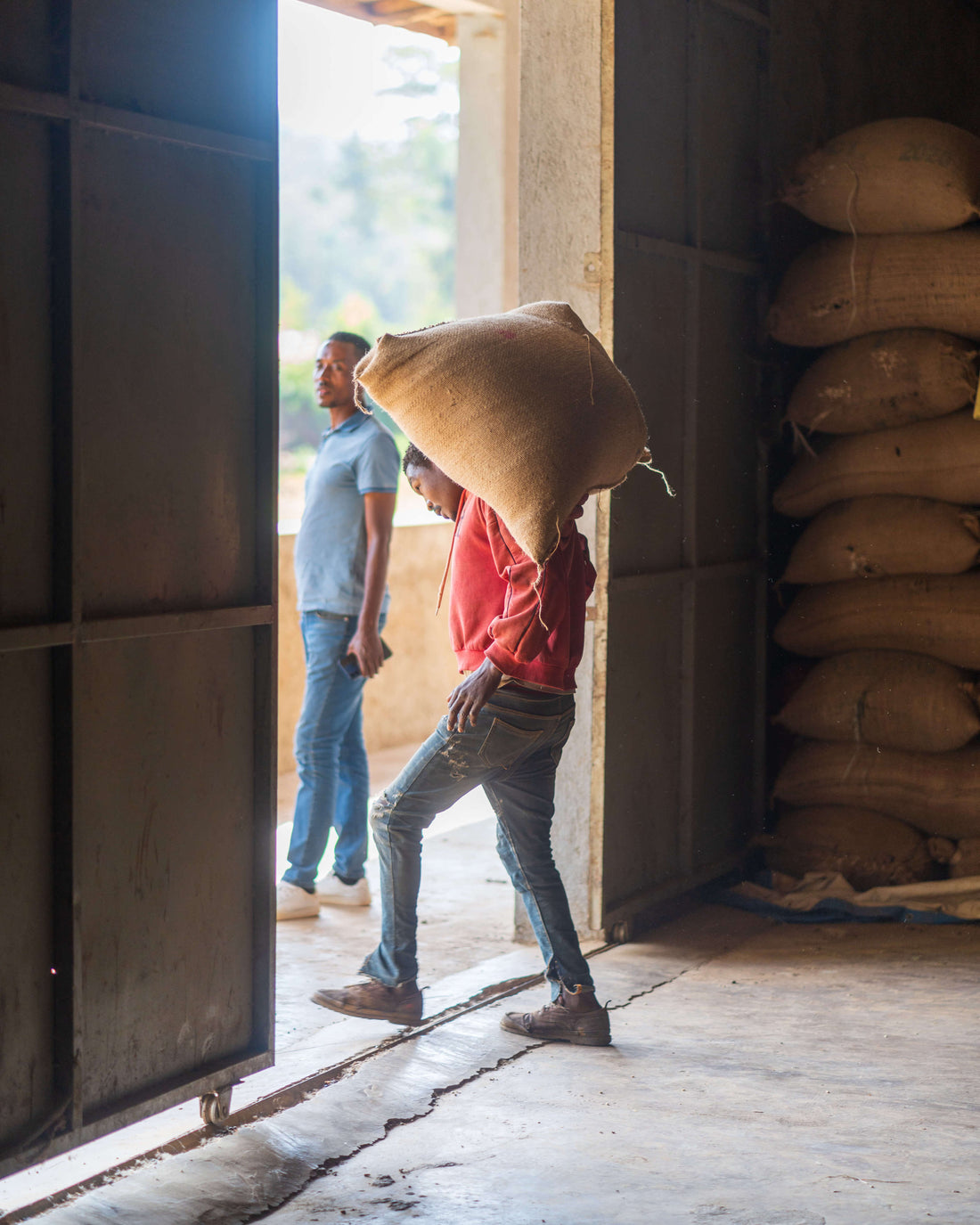Last week, I had the pleasure to be in Ethiopia, sourcing coffee for Modern Standard. Ethiopia is the birthplace of coffee, it’s uniquely woven into the socio-economic fabric of the country.
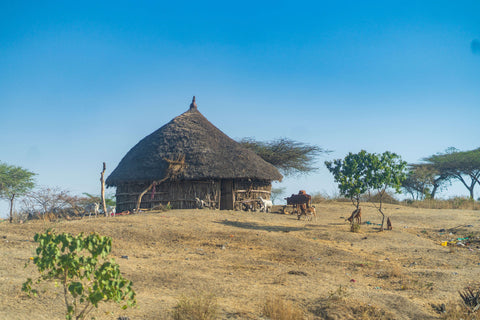
It’s probably also worthwhile giving some background to the country; Ethiopia was the only African country not to be colonised, and the people are strong and proud. Under the Mussolini government, Italy invaded in 1935 and had a small area they controlled near the Eritrean border, which is why you find spaghetti in many restaurants now. Foreign companies aren’t allowed to operate inside Ethiopia; they have their own local soft drinks, beers, and one particular drink that I really like, Tej, a fermented honey wine mainly found in the horn of Africa.
In an attempt to strengthen the weakening local currency, the Ethiopian Birr, the Government has banned the exchange of Birr for Dollars, but you can exchange goods for dollars, coffee has such importance, as exporters can exchange coffee for US Dollars which is the most prized foreign currency.
All the commercial grade coffees being exported from Ethiopia, are sold roughly at a 30% loss by exporting companies who use this as a conduit to generate US Dollars for their main business which might be steel or concrete for construction. The specialty grade coffees I buy are all sold for profit, as those exporters are small businesses, who are focused on the quality coffees alone.
After a few days in the capital, Addis Ababa, meeting with my exporters and cupping (technical term for tasting) coffee, assessing the quality and price of the different coffees, we boarded a little propeller plane and headed on a 45 min trip south towards Kenya, landing in Hawassa.
A stark landscape in comparison to Addis, we drove for 3 hours until we arrived in Yirga Chefe, which would be our base for the remainder of the trip. We stayed in the Saron Dilla lodge, with some local gelada monkeys to keep us company and awake at night with their antics.
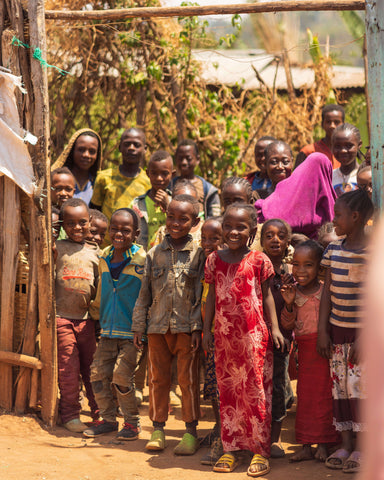
Travelling to areas away from tourist routes is something I truly love about sourcing coffees, you see a country in its true light, and not just the insides of a resort. As we drove to Guji and Idido to visit our producers on Wednesday, we passed mothers with babies strapped to their backs, carrying fresh water home; donkeys with carts loaded with stones to build roads and children en route to school.
We met with Ibraham and his wife, owners of Lullo Coffee, and tasted some of their delicious fresh crop coffees, which we will be buying this year. Later, we visited a female producer group, led by Wubit, a young female exporter who is trying to rebalance the gender inequality in Ethiopia by working solely with female farmers, and ensuring that the money for their work goes to their bank accounts, and not to anyone else in their family. Wubit was very inspiring, and she has worked hard to break cultural norms, but it’s still a struggle in some of the regions.
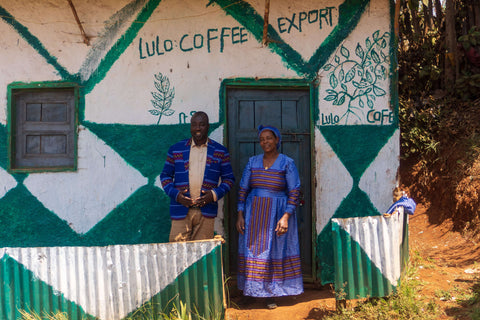
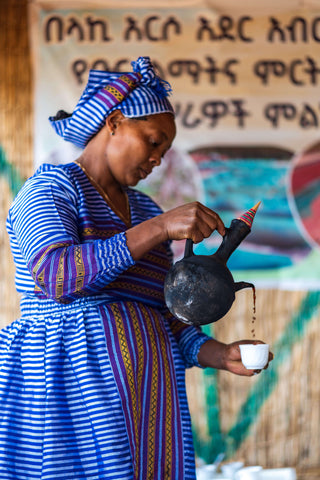
Ethiopia coffees will start to arrive in the UK in April/May, so keep an eye out for the 2022/23 harvest coffees with your local coffee roaster.
